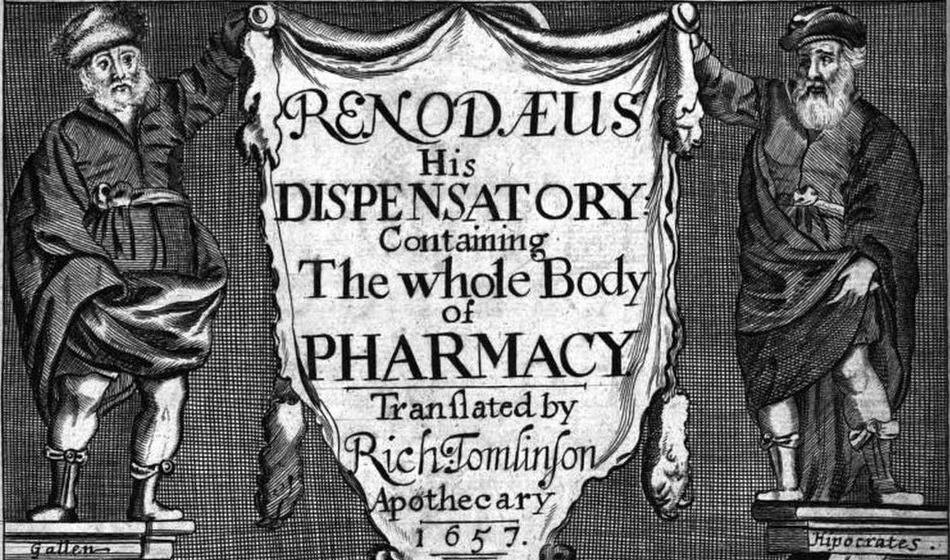
Found in a very old book1 while researching historical mead recipes:
Honey is the Countrey-mans ſugar, wherewith they often condite Cherries, Goosberies and Pears, Apothecaryes alſo, not for want of ſugar, but by the Phyſicians adviſe confect certain juices, fruits and flowers with honey, and make them into Conſerves, ſapes, and ſyrups: conſerves, as honey of Roſes called by the Arabians Geneljabin, and by the Greeks Rhodomel, which is made of one part of the flowers of red roſes bruised, and three parts of honey deſpumed: Sapes as honey of grapes, which confected of one pound of dry grapes, clenſed and macerated for a whole day in three pounds of water, then boyled to the half, afterwards ſtrained, and mixed with an equall quantity of honey deſpumed: ſyups, as another kind of honey of roſes, which is made of an equall quantity of deſpumed honey, and red roſe juice, the Mercuriall honey, or Mel Mercuriale, is alſo confected after the like manner, and cocted to the conſiſtency of a thicker ſyrup.
And as the conſiſtency of theſe conſerves of roſes is various, ſo is their deſcription and preparation, for many take the ſame quantity of roſes purged from their white and of honey, as Meſue alſo did, but they do not as he, boyle them on the fire, but expoſe them to the heat of the Sun, for the ſpace of ten to twelve dayes before they repoſe them in their ſhops, thus alſo Rhodomel prepared without colature, is called by ſome of a later ſtample Mel Roſatum foliatum, and by others, Conſerva mellis Roſarum.
But that which is confected of an equall part of the juice of red roſes and of honey, becauſe of its ſapour and conſiſtency, is called the ſyrrup of the honey of roſes, That ſame is a mean betwixt both, becauſe made partly of the leaves and juice of Roſes, with an equall weight of honey: yet the former manner of confection is more approved, after which manner alſo other Medicinall honeys are confected of other flowers.
Yet is it better that theſe be inſolated than decocted with fire, becauſe the ocour of flowers, being eaſily diſſipable, periſhes, and their qualities do not remain intergal after cocture, be they will eaſily endure inſolation, which acting with a temperature and diuturnell heat, not ſhort, and fervid, better mixes ſuch Medicaments; yet that honey which is made of freſh roſes, is uſed to be cocted with a ſlow fire, that which is made of dry roſes ſhould be inſolated.
Now, what way ſoever honey of roſes is made, whether of flowers integrall or broken, it ought firſt a little to be calefied, that it may be ſtrained, and it is called Mel Roſatum Colatum.
As fruits are harder, more difficult to be cocted, and leſſe diſſipable than flowers and leaves, ſo Medicinall honey is made of theſe after a different manner, for inſolatoin will not ſuffice, but they muſt be long concocted in water before honey be put to them, and that fruits may be rightly cocted, they muſt firſt be macerated four and twenty houres in thrice as much water as is equall to them, then they muſt be cocted to the third part, od half, then an equall weight off honeu must be added to th colature, and then the concoction muſt be perfected in the conſiſtency of a ſyrup.
1“A Medicinal DISPENSATORY, Containing The whole Body of Physick; DISCOVERING the Natures, Properties, and Virtues of Vegetables, Minerals, & Animals: The manner of Compounding Medicaments, and the way to administer them. Methodically digested in FIVE BOOKS OF philosophical and pharmaceutical INSTITUTIONS; THREE BOOKS OF PHYSICAL MATERIALS Galenical and Chymical. Together with a most Perfect and Absolute PHARMACOPOEA OR Apothecaries Shop.”, Richard Tomlinson, 1657.